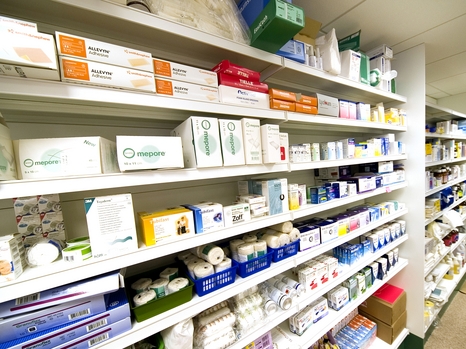GPs should restrict adrenaline auto-injector prescriptions due to ongoing supply issues, the Department of Health and Social Care has said.
The Government alert told GPs that ‘interruptions in the supply’ of EpiPen and EpiPen Junior mean that products will be limited ‘for the remainder of 2018’.
In the memo, healthcare professionals who prescribe, dispense or administer adrenaline auto-injectors were told to ration the stocks and work with pharmacies to keep track of what is available and train patients on alternatives.
The alert said: ‘EpiPen and EpiPen Junior will be subject to limited availability for the remainder of 2018. Mylan are now out of stock of EpiPen Junior and interruptions in the supply are anticipated to continue for the coming months.’
It then told GPs that adult and child auto-injectors should only be ‘prescribed and dispensed to those who truly need them’, as additional issuing to ‘patients who are worried about the shortages’ could worsen the supply situation.
The memo said that ‘certain batches of adult EpiPen can be safely used for four months after the expiry date has passed’ and where possible ‘prescribers should not prescribe a replacement adult EpiPen whilst the original is within the extended use by date’.
It added that ‘due to ongoing constraints affecting EpiPen 300mcg and Epipen 150mcg devices’ some adults and children may need to ‘switch from their usual device to other alternative adrenaline auto-injector devices’ that may be more readily available.
Prescribers were asked to ‘work in close collaboration with their local pharmacies to understand which devices are available’ and ensure patients who are switched to an alternative device are trained appropriately.
Schools previously asked GPs to indemnify their use of emergency adrenaline auto-injectors for allergies against all claims, a request which LMCs warned GPs not to comply with.

















